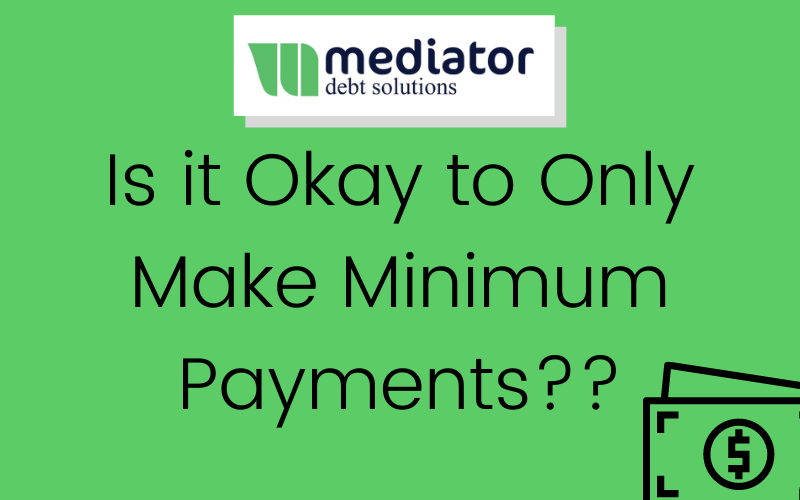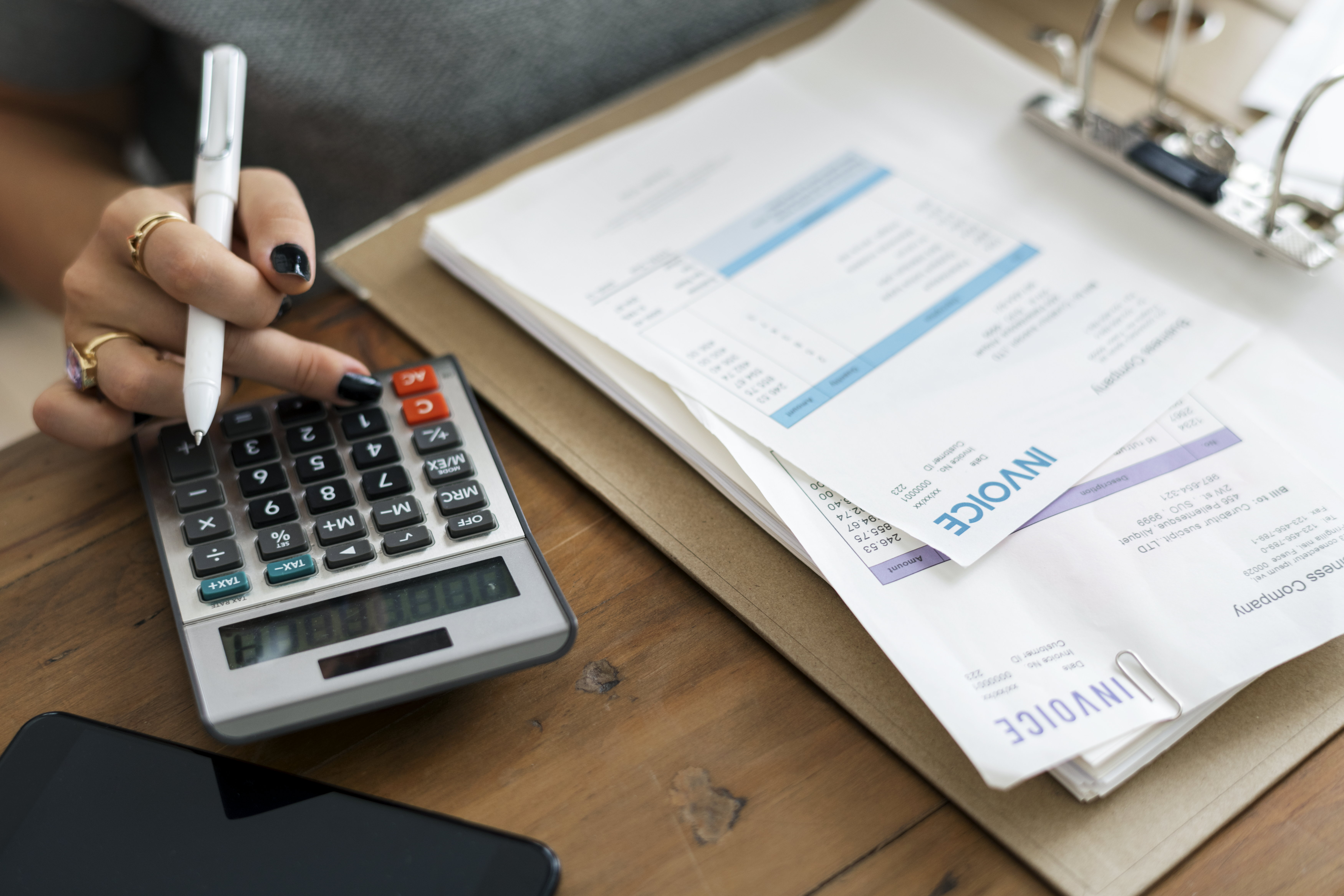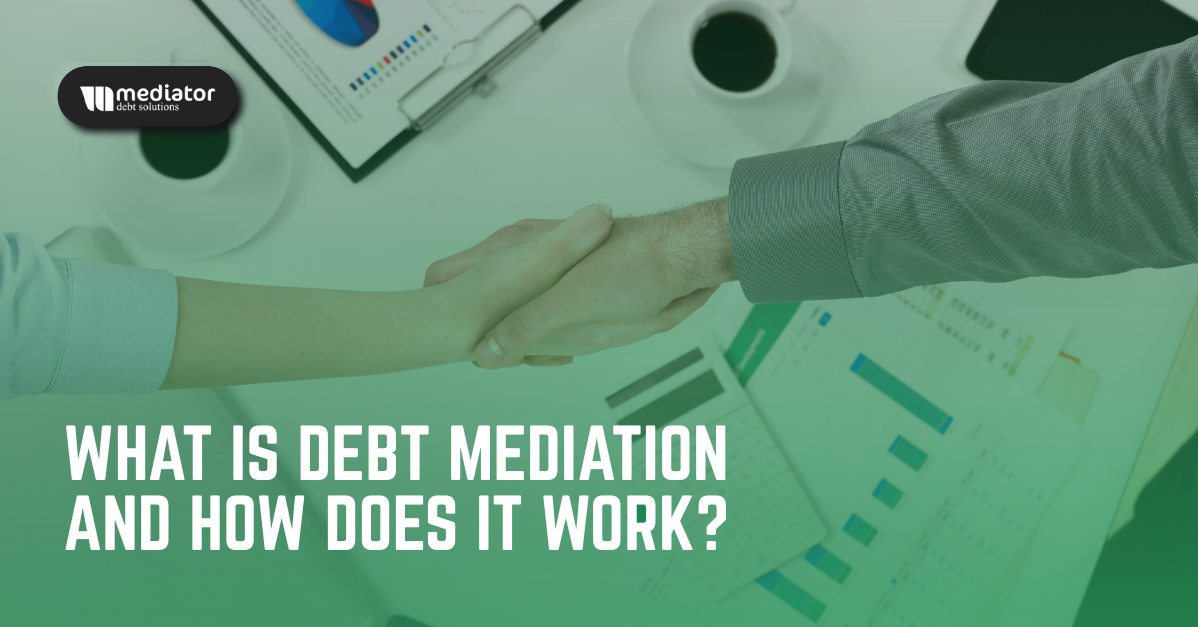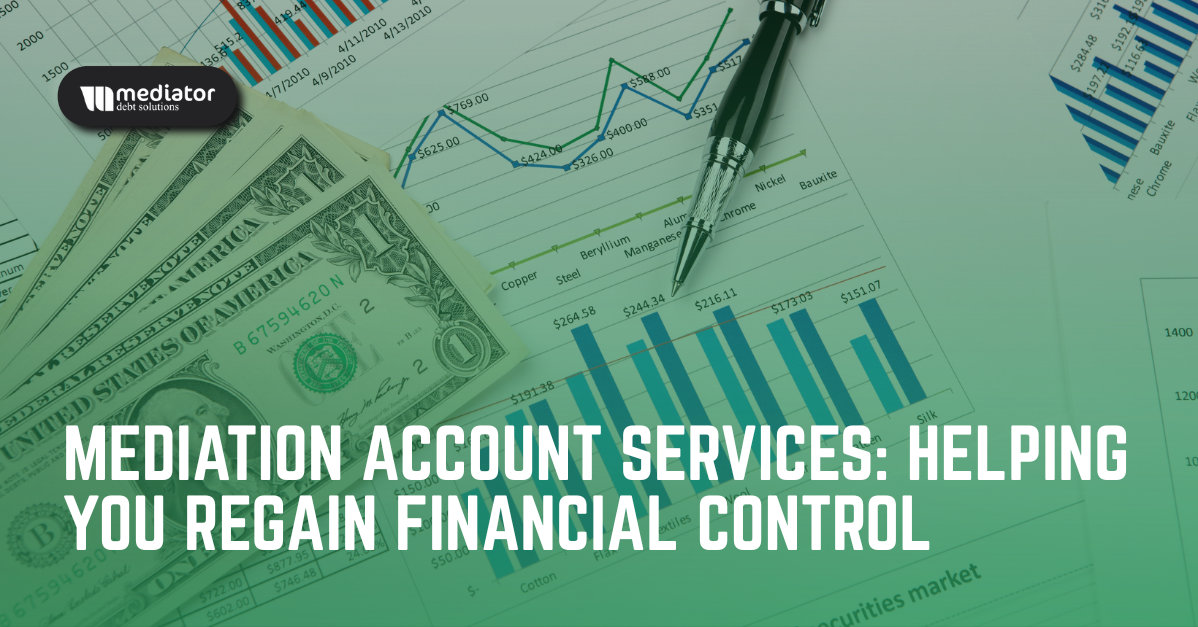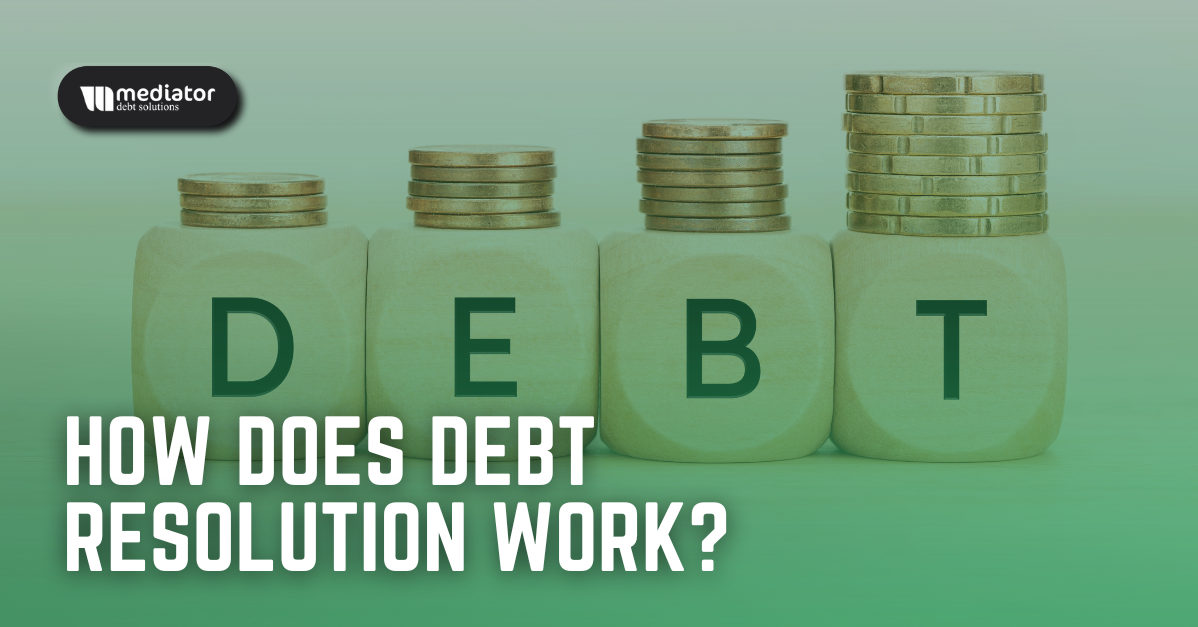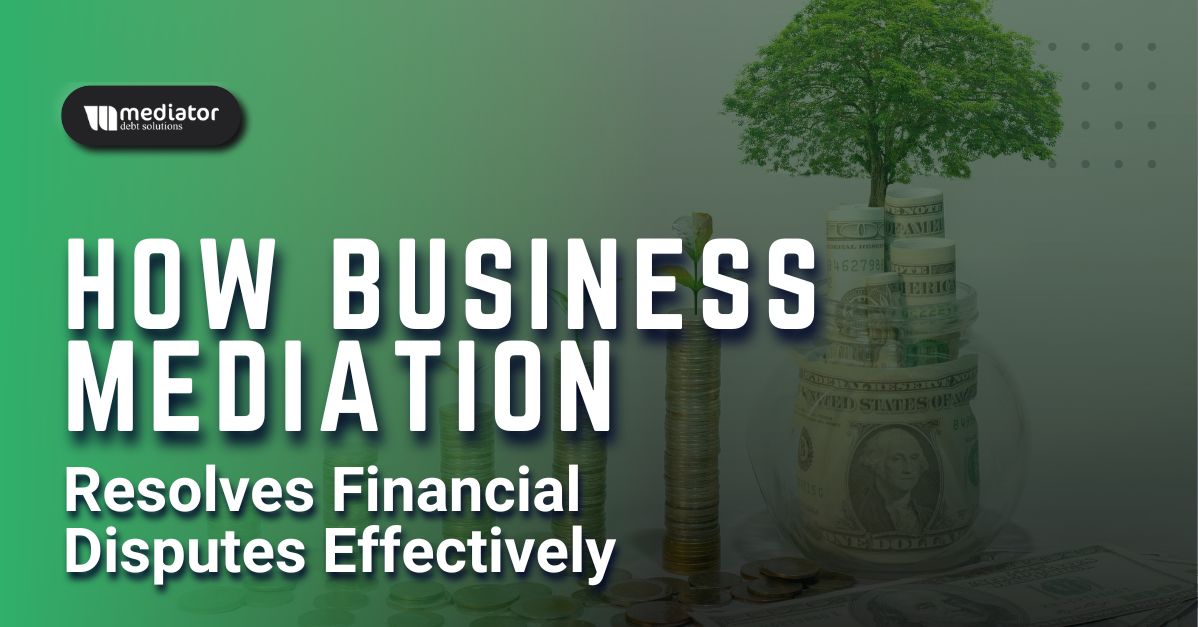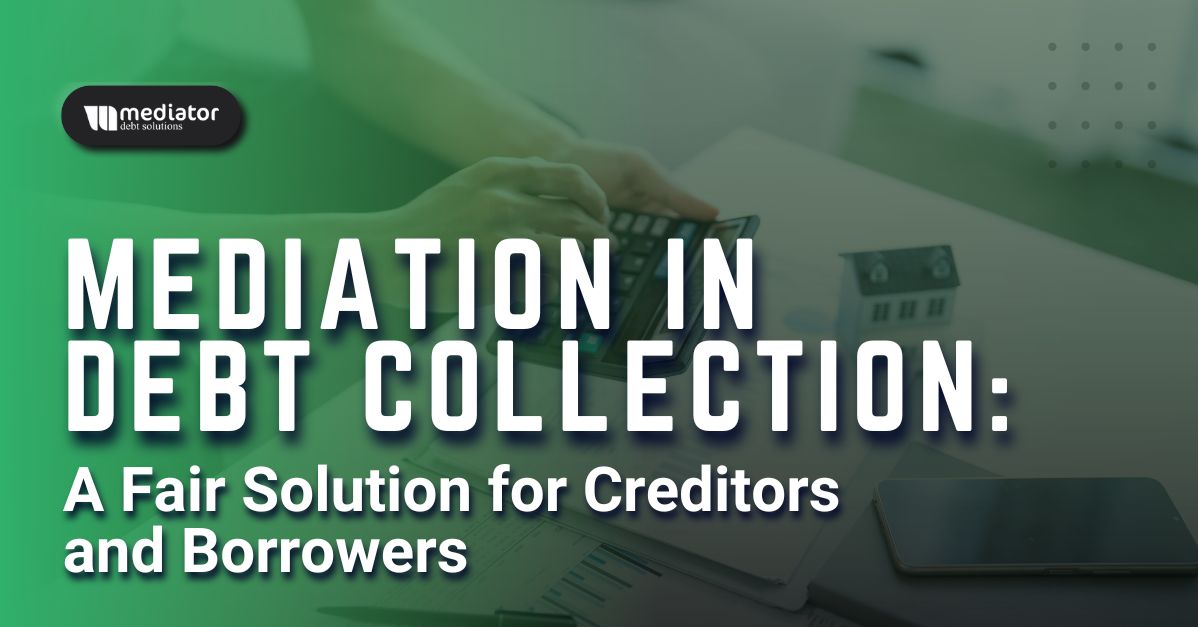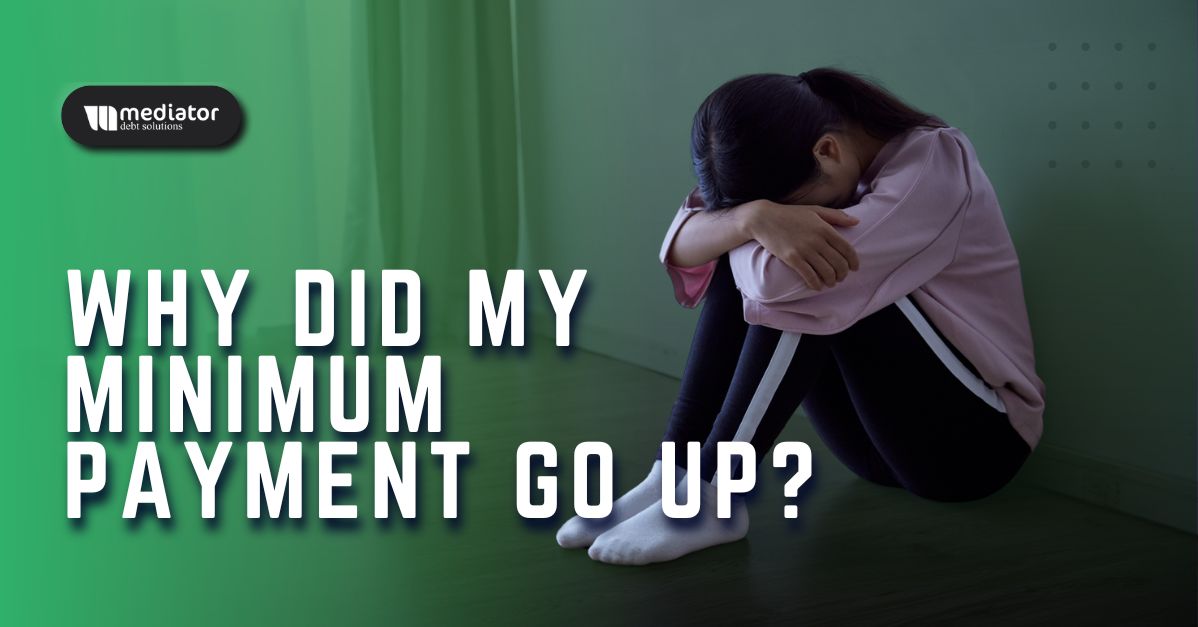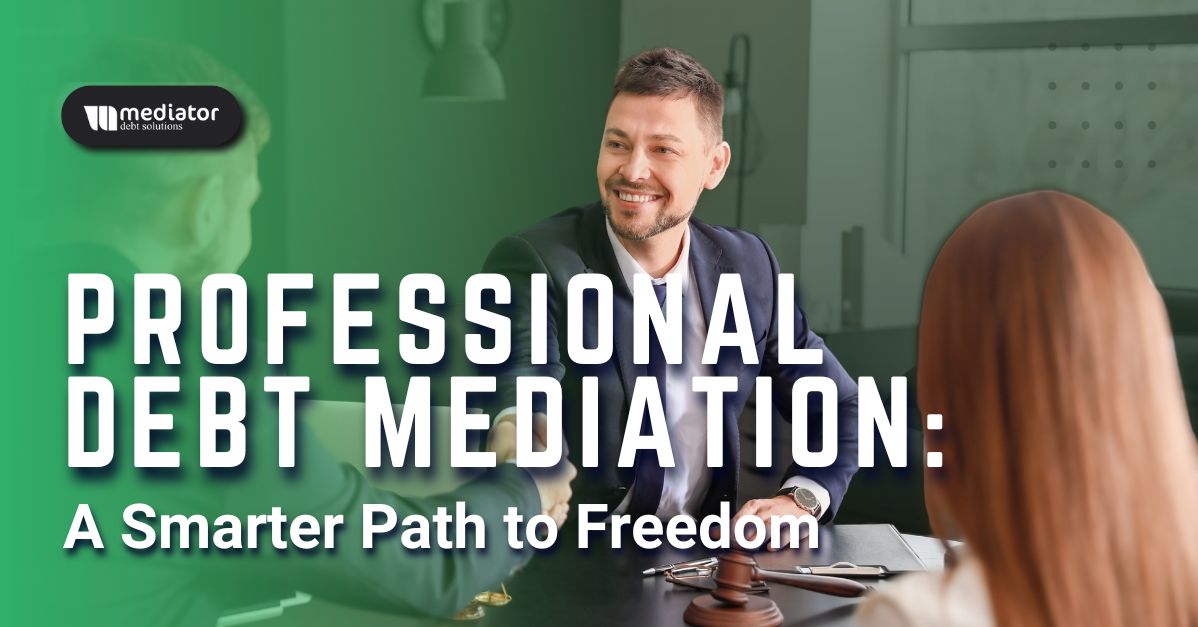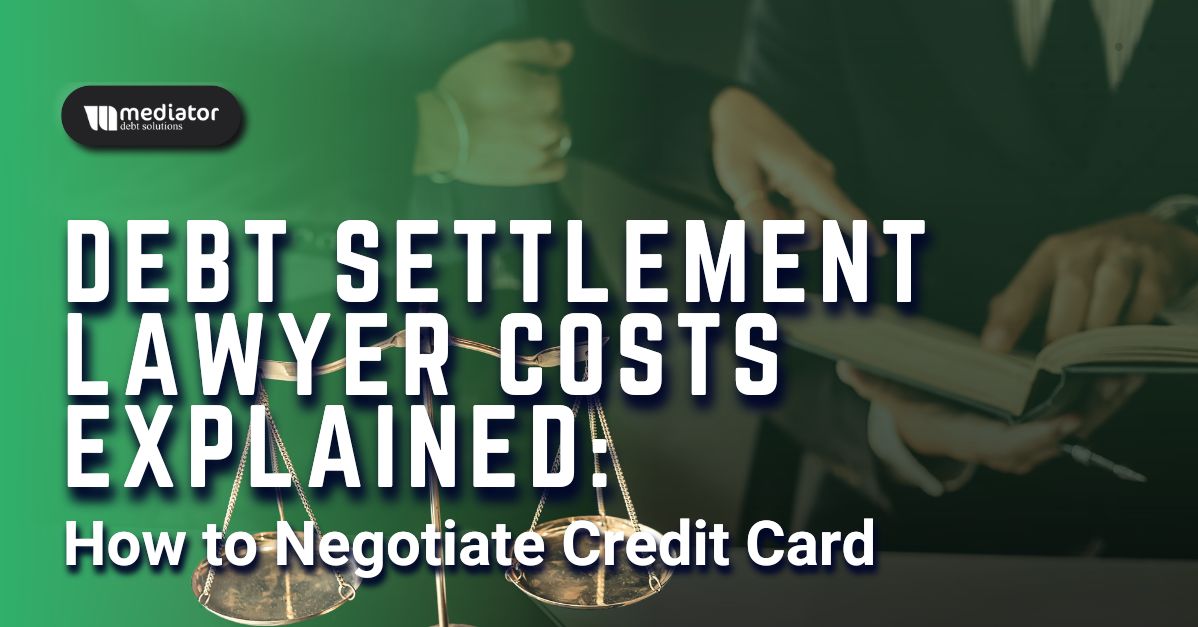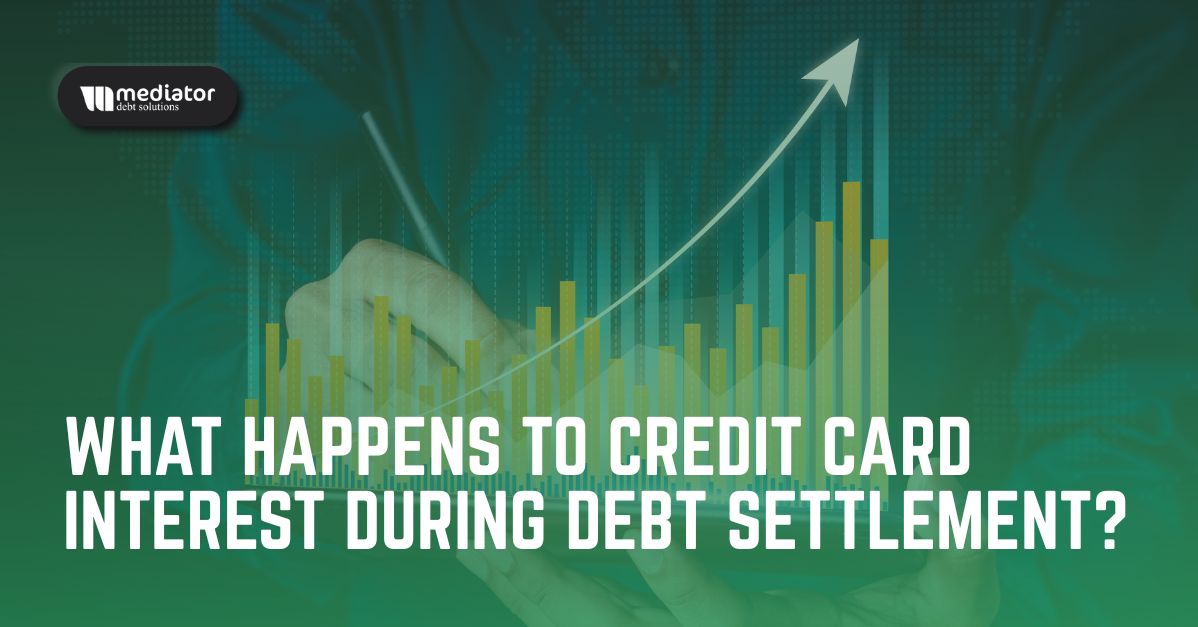Minimum payment: $22.00
Statement Balance: $800
Due Date: TOMORROW
Why is it always tempting to make the smallest payment? Sometimes, our financial situation isn’t the best and making the full payment isn’t possible at the moment. And as Brownie McGhee would say, “Something is better than nothing”. It’s best to pay at least the minimum amount of your credit card debt than not pay anything at all. And if you haven’t been paying at least the smallest amount, then you’re not alone. A 2020 survey by the National Foundation for Credit Counseling showed that 43% of cardholders carry credit card debt from one month to the next. Why? They pay either the minimum payment or some other amount that’s less than the full balance. But, is it okay to only make minimum payments?
The answer is kind of complicated. Say for example that you are going through a financial emergency. Paying only the minimum for a few months can be a way to conserve cash now, so it would be wrong to say you should never do so under any circumstances. However, in the long run, it can affect your credit card statements. But how can we calculate our minimum payment and know if we can really afford to pay it?
Basically, credit card issuers calculate your minimum payment on how much you owe. So, the more you owe, the longer the time period you will spend making minimum payments. If you owe over $1,000, then your minimum payment will be calculated based on your balance (usually about 2% of the balance). And if you owe between $25 and $1,000, your minimum will probably be a fixed dollar amount, often $25, but it can vary by card. Now if you owe very little, like $25 or less, your minimum will be the full balance. But, usually, we all owe somewhat over $1,000, and the minimum will more than likely be an amount that many of us can afford to pay instead of the actual balance we owe.
Benefits
Paying the smallest amount can actually help you avoid credit card delinquency, late fees, penalty APR on your account, and potentially severe credit damage from late payments or no payments at all. And, if bringing food to the table and paying rent o your mortgage is becoming even more difficult, paying the minimum can help you save every dollar you need to help your family.
Downside
First of all, you’ll rack up interest charges and risk falling into debt. And once you’re in the debt loophole, it’s hard to get out of there. Also, since card issuers are legally required to include a “minimum payment warning” on each billing statement you can find out on your own what are the consequences of paying the minimum amount for a long period of time. Paying only the minimum is costly, so try your best to pay off your balance in full each month to avoid high interest charges and debt.
Is it Okay to Only Make The Minimum Payment? Review
No one will necessarily die if you make minimum payments to your credit card. Sometimes, it’s a helping hand when times are tough. But as a long term solution, it isn’t the best. Try paying even a dollar more than the minimum amount so you can pay the full balance a lot faster without it affecting your credit score and without going into debt. And if you need more help, contact Mediator Debt Solutions. We’ve helped hundreds of families get back on track financially and even stay debt-free. Talk to us today.

